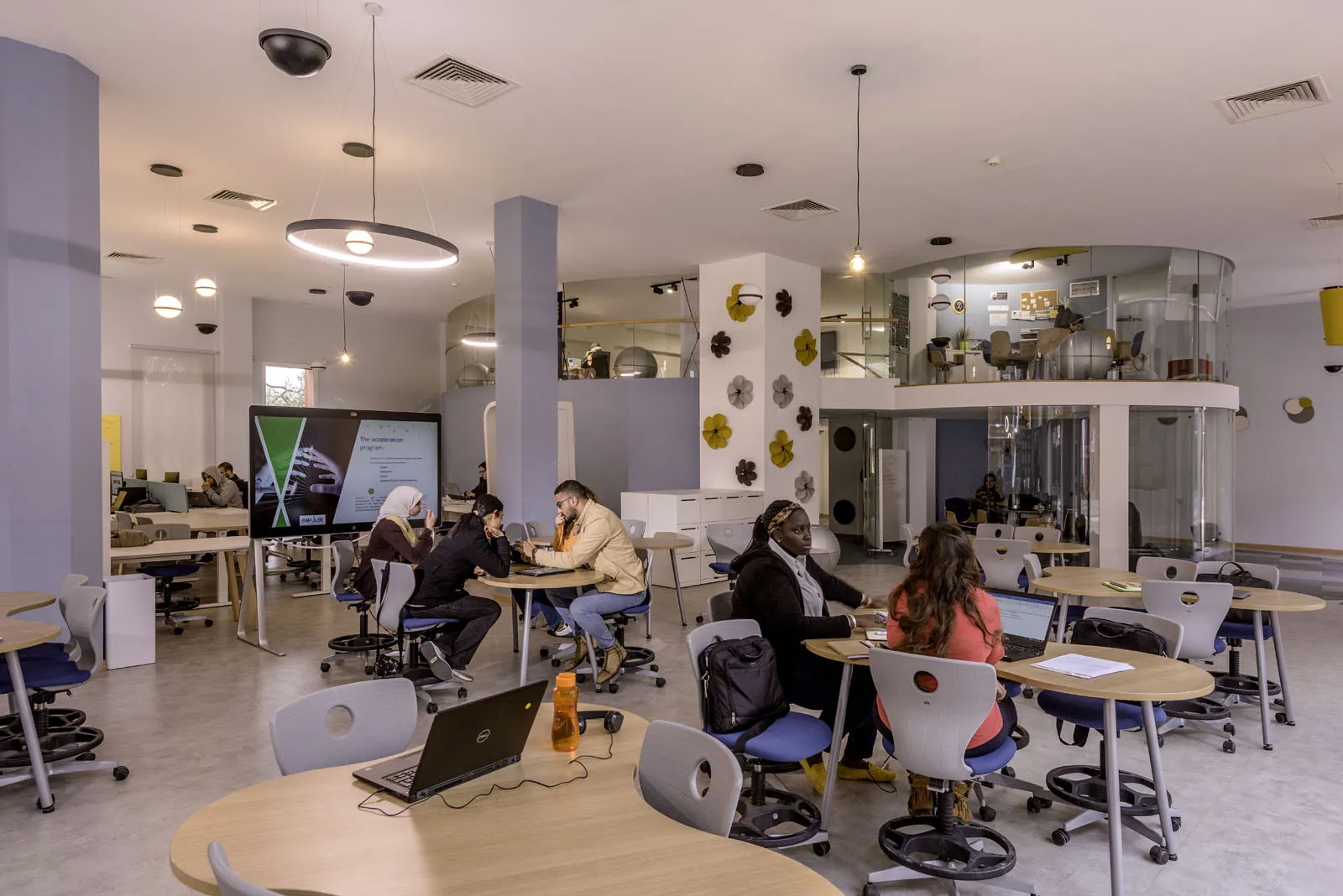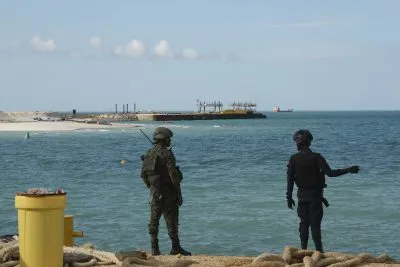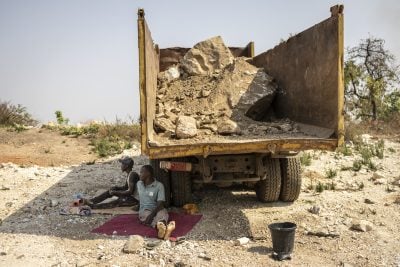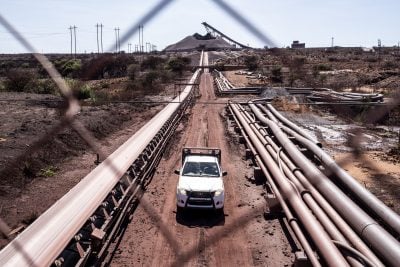This article was produced with the support of OCP
The African Youth Climate Hub (AYCH), a Morocco-based climate platform for African youth, has launched an incubator for startups across the continent that provide solutions to climate-related challenges.
As Africa faces mounting climate related problems, ranging from desertification to flooding, the incubator is hoping to nurture and grow 10 African startups to take on some of the challenges.
Working in partnership with the Mohammed VI Foundation for Environmental Protection, Mohammed VI Polytechnic University (UM6P), OCP Group and the Youth Constituency to United Nations Framework Convention on Climate Change (YOUNGO), the incubator was launched in January 2021.

The incubation programme will be run by UM6P and Hassan II International Center for Environmental Training, a platform for the design and dissemination of environmental education pedagogy.
Abdelhamid Bassi, project coordinator of the incubator, says that the programme has received over 200 applicants.
“We had applications from all over Africa,” he says.
“We are happy with all the interest this call for applications has generated. We were hoping to receive at least 200 applications as the programme does come with great opportunities. We have by far exceeded this number.”
Selecting candidates
With such a large pool of applicants – from all five regions in Africa and in a range of languages – the incubator faces the tricky process of selecting which startups will be able to benefit from the six-month incubation period.
There is a multi-stage selection process that uses a range of criteria to judge each startup.
Startups will be successful if they can show that they can innovate and move climate-related technology forward.
“We consider a startup as innovative if it is focusing on bringing an innovative approach in the process, product or business model. The idea needs to be viable, sustainable, and scalable.”
Entrepreneurs also need to be aligned with the incubators and UM6P’s “green pivot” towards becoming climate conscious and channelling more energy and resources into climate-related issues.
In terms of climate change, there are several issues that are top of the incubator’s priorities.
First are startups that are looking at innovative solutions in water conservation and management.
The next cluster is for startups that are working in energy efficiency and then finally educational startups that are working in climate literacy.
Startups that are successful will move onto building a prototype of the product while benefitting from expert mentorship at the university and Hassan II International Center for Environmental Training.

The training programme will enable young entrepreneurs to absorb key aspects of law, strategy, marketing and communication, psychology, technology, and climate knowledge, among others, essential to their success.
“At the pre-seed stage, startups usually don’t have access to the tools and skills to support their growth. Within AYCH incubation programme what we have been focusing on is to support them to develop their business-models and their minimum viable product (MVP),” says Bassi.
If Covid-19 allows, startups will be flown to Morocco to take part in three “physical sprints” – each lasting nine days.
The sprints entitled “discover what matters”, “execute what matters” and “deliver what matters”.
“The incubator does not provide capital at this stage, but it provides world-class infrastructure to support the growth of the selected startups within the innovation and entrepreneurship hub of UM6P, STARTGATE. An African startup campus that gathers a full set of services and capabilities to prototype and test innovative concepts.” Abdelhamid Bassi says.
Morocco cleantech
The tech scene in Morocco is fairly unique in Africa and across the world because it is primarily driven by learning institutions and government action.
“Here at the university sustainability is in our DNA,” says Bassi.
“We are trying to train future generations to protect the environment and promote sustainable management. Our university building itself is built by an architect that tried to be as sustainable as possible in its design, so we try to think about the environment in our everyday actions.”
Morocco itself is well-known as a leading advocate of green energy.
The Noor Power Plant in the Agadir district of the country is the world’s largest concentrated solar power plant in the world, producing 510 MW of power.
Nearly 40% of Morocco’s power comes from renewable sources including wind and solar.
The North African country has a bold target of sourcing more than half of its electrical energy from renewable sources by 2030 and aimed to have 2,000 MW of wind and 2,000 MW of solar power plants by 2020, looking to add 1.5 GW renewable capacity annually.
The forward momentum is also something that is being keenly watched and supported by the private sector.
Different stakeholders used to visit the university, ranging from public sector to private one to understand how we are developing green concepts and solutions in-house, Bassi says.
“Not only they are looking at the renewable energies and sustainable development fields like solar and water but also in other clusters.”
 Sign in with Google
Sign in with Google 



